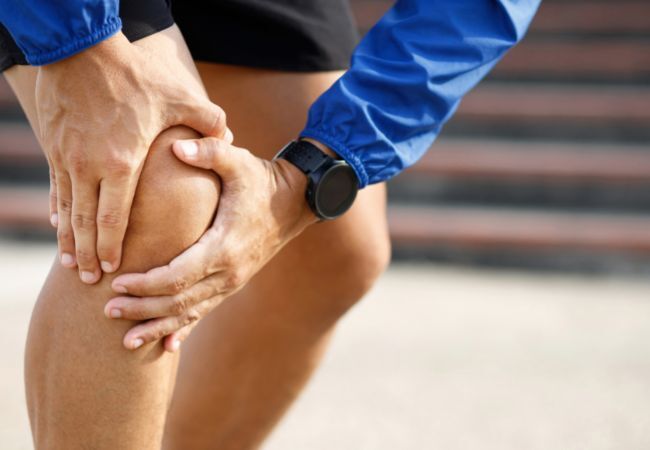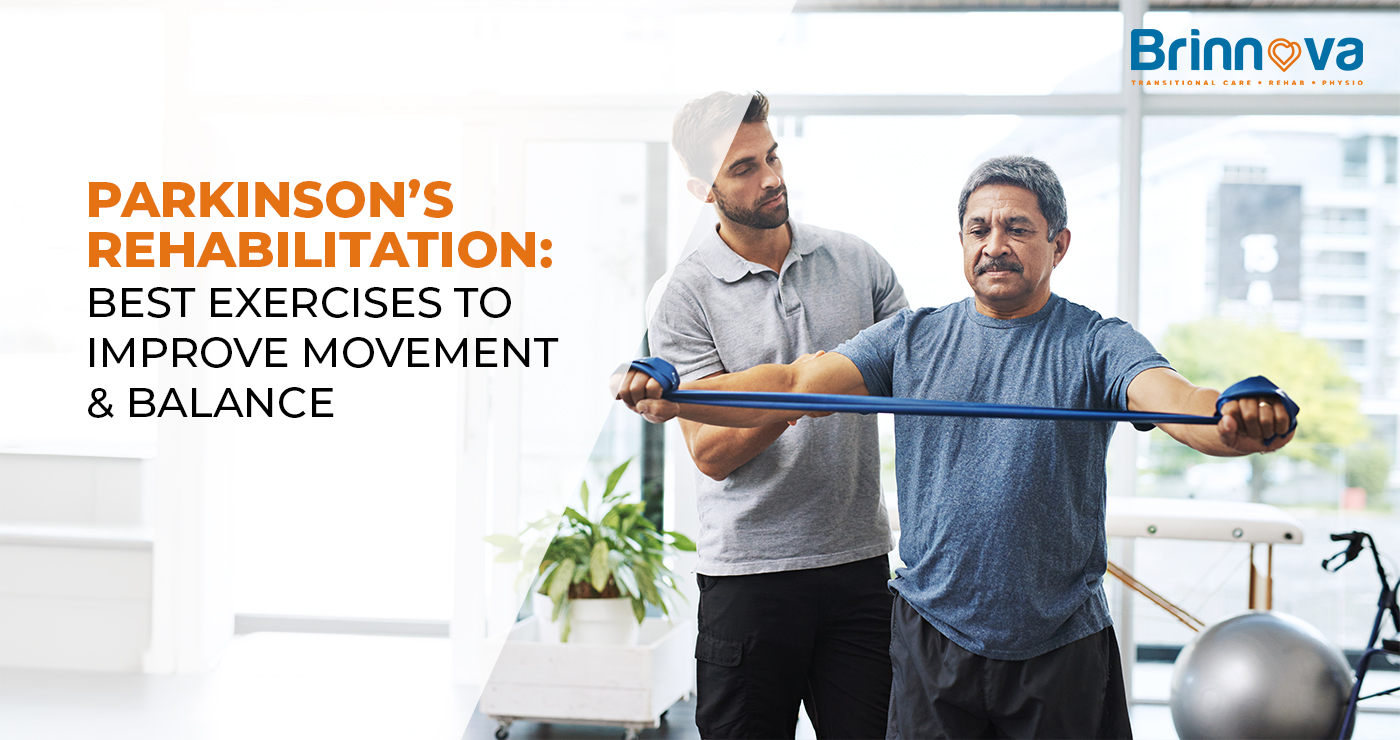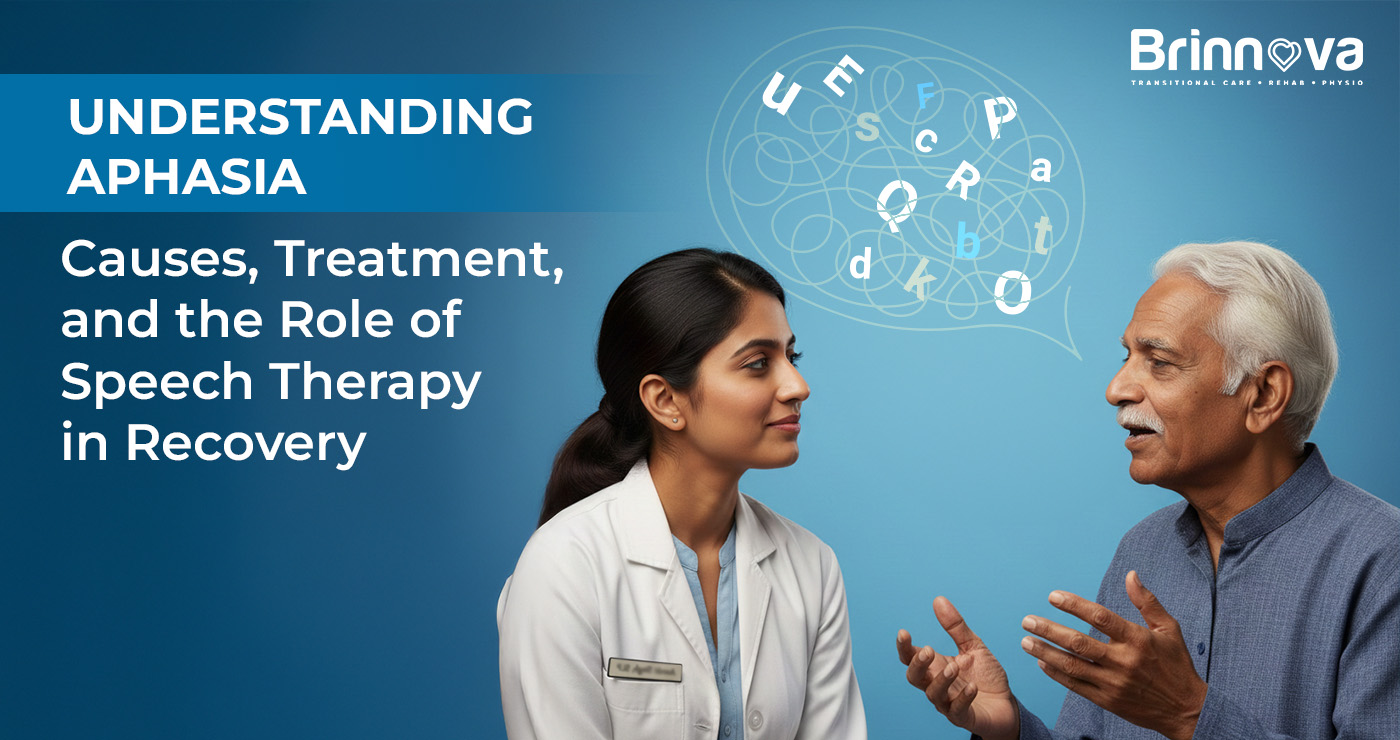Arthritis – Treatment and Management by Physiotherapy
Arthritis is the inflammation of one joint or multiple more joints that cause pain and stiffness. Different types of arthritis affect individuals, wherein the most common types are osteoarthritis and rheumatoid arthritis. Usually, arthritis develops in adults who cross the age of 65. However, there are also cases where youngsters develop arthritis unexpectedly.
What are the types of arthritis?
Arthritis is the inflammation of the joints. It affects one or multiple joints. The symptoms of this condition may develop over time and are not constant.
Arthritis is classified into the following categories:
- Osteoarthritis
This type of arthritis occurs due to an injury or aging.
- Rheumatoid arthritis
Rheumatoid arthritis happens due to the immune system attacking (by accident) the functional cells of the body.
- Infectious arthritis
Infectious arthritis spreads to the joint from a different body part.
- Juvenile arthritis
Juvenile arthritis takes place in children.
- Psoriatic arthritis
Psoriatic arthritis occurs in people with psoriasis. It affects their skin and joints.
How do you know if you have arthritis?
The most common symptoms of arthritis include
- Extreme joint pain
- Swelling
- Redness
- Stiffness in joints
- Tenderness and swelling of joints
- Limited joint mobility
Why should you take the symptoms seriously?
Your symptoms might be mild, moderate, or severe. But, you should not ignore them because the symptoms can become worse, causing chronic pain and thereby inhibiting your day-to-day activities. As arthritis progresses, it not only affects the joints, but can also affect the vital organs such as the heart, lungs, kidneys, and skin.
What are pain management strategies?
- Hot and cold therapies
- Regular physical activities, including targeted exercise
- Use of an assistive device
- Over-the-counter medications
- Rest & avoid excessive repetitive movements
Treating arthritis with Physiotherapy
Different physiotherapy treatments recommended by physiotherapists to relieve pain, swelling, and discomfort:
- Hot and cold packs
Hot packs stimulate the blood flow to the affected area and thereby, help in alleviating the pain. On the other hand, Cold packs help to reduce swelling and inflammation. Henceforth, they provide relief from excruciating pain. If you don’t have hot or cold packs, you can use a flannel cloth and soak it in warm or cold water as needed.
- Massage
60-minute massage therapy helps to reduce the production of cortisol (a stress hormone) and stimulates the brain to produce more serotonin that helps to improve your mood.
- Acupuncture
It is a traditional Chinese medicine that stimulates the brain to increase the production of endorphins, a feel-good hormone in the body. The licensed acupuncturist inserts specialized fine needles to acupoints to correct the Chi flow to relieve the pain.
- Transcutaneous Electrical Nerve Stimulation (TENS)
It blocks your nerves from sending pain messages to the brain. It uses a small electronic device that sends pulses to the nerve endings by creating a tingling sensation to soothe the pain.
- Hydrotherapy
It uses water to relieve the symptoms of arthritis. Patients perform specialized exercises in water with temperatures ranging from 33 to 36 degrees Celsius with the guidance of a licensed physiotherapist.
- Rest and Splinting
Rest and splinting are recommended during the acute stage of the disease. Bed rest relieves extensive joint pain and puts the joints into rest at a functional position. Rest and splinting diminish pain and inflammation. They prevent stress, stiffness, and deformities.
- Ultrasound therapy
Ultrasound therapy creates warmth and gentle heat that increases blood circulation in deeper tissues. Thus, they decrease pain and increase the range of motion.
- Low-level laser therapy
Low-level Laser Therapy is a non-invasive treatment that reduces pain, inflammation and also increases mobility.
- Paraffin Therapy
Paraffin therapy is extremely beneficial for arthritis. It has a very high capacity for absorbing heat, which helps to improve the patient’s performance while exercising.
- Exercise
Exercises are started slowly and then gently increased when progressed further. These exercises strengthen the muscles and joints and increase overall fitness. Strengthening, endurance, stretching & stability exercises are a part of the exercise program.
- Assisted Devices
Assistive devices like wearing braces or walking with a cane are recommended to alleviate pain.
- Posture correction
Arthritis can also be caused due to bad body posture while sitting and working. Simple exercises at home or the workplace can help in preventing arthritis. Some simple stretches include neck rotations, head tilts, leg raises, hamstring stretches, wrist rotation, finger bends, and thumb bends to ease the tension in the joints while working on the desk.
Physiotherapy helps you to get long-term pain relief from acute and chronic arthritis. The experts at Brinnova assess your health from the root level and chalk out customized plans that help you improve your quality of life by restoring mobility, relieving pain, and getting back your health. Book your appointment now with Brinnova!




